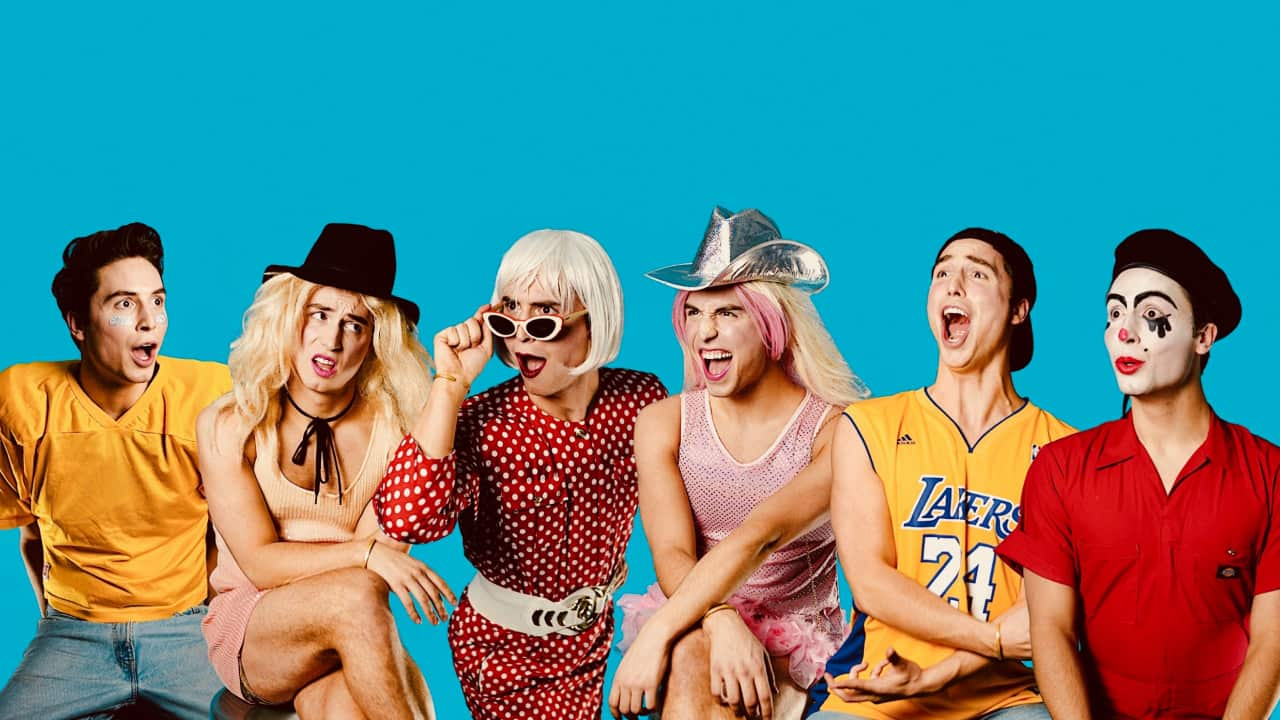COMMENT
Macquarie Dictionary's 2018 'Me Too' has entered the new year with a bang, not a whimper, with a two minute commercial making waves on social media.
Razor brand Gillette has addressed subjects of toxic masculinity, violence against women and the #MeToo movement in a high budget 'short film' titled which was rolled out to much praise and criticism.
“Is this the best a man can get?” asks the narrator. “Is it? We can’t hide from it. It’s been going on far too long. We can’t laugh it off. Making the same old excuses.”
Like a self-fulfilling prophecy, it didn't take long for the ad to prove just how fragile masculinity can be, stirring outrage in a growing number of men, many of whom regurgitated slogans like "get woke, go broke" while initiating a #BoycottGillette campaign on Twitter and Instagram.
With close to 6.5million views and counting, has already amassed more than triple the number of 'dislikes' as it has 'likes', with men banding together in the comment section, justifying each other's indignation with a clear unwillingness to look beyond their knee-jerk defensiveness to what is, at its core, a compassionate and constructive piece of advertising.
The essence of their outrage appears to be directed towards a perceived "global assault on masculinity" ().
It's hard not to notice that many of these so-called 'men's rights activists' want to have their cake and eat it too. Whenever the subject of arises, they're quick to cry foul; cherry-picking statistics on male suicide rates and the . Men suffer too, they insist. We are victims as well.
And it's true, there are a huge number of pressures that come with being a man; societal expectations and projections and self-judgements and rusted on belief systems, each of which can make it hard to seek support or treatment for mental health problems.
But those who are criticising the Gillette ad are fighting an imaginary war. We can't demand a nuanced representation of masculinity and then boycott every brand who dares paint men as anything other than stoic.
When men talk about the factors that contribute to male depression, they need to realise that these are often the very same factors that women - and, it seems, Gillette - want to address.
That it's being done with as much consideration and compassion as the Gillette ad should be seen as an invitation for dialogue, not another opportunity to self-victimise.
Samuel Leighton-Dore is a writer and visual artist. His upcoming solo exhibition, to be held during the 2019 Sydney Mardi Gras festival, is titled . You can explore his 'How to be a big strong man' series of illustrations .





